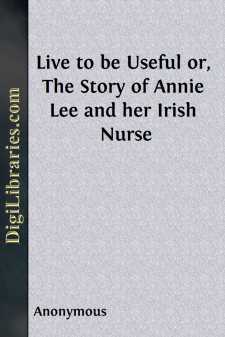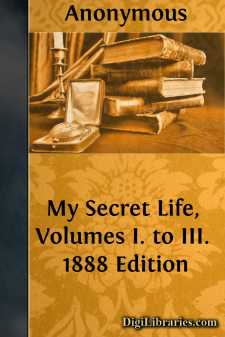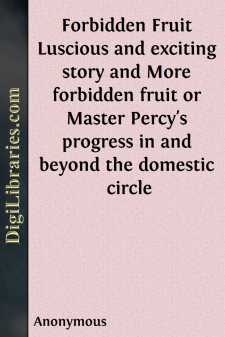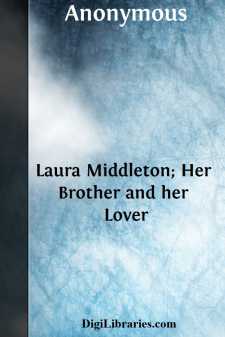Categories
- Antiques & Collectibles 13
- Architecture 36
- Art 48
- Bibles 22
- Biography & Autobiography 815
- Body, Mind & Spirit 144
- Business & Economics 28
- Children's Books 18
- Children's Fiction 14
- Computers 4
- Cooking 94
- Crafts & Hobbies 4
- Drama 346
- Education 58
- Family & Relationships 59
- Fiction 11835
- Games 19
- Gardening 17
- Health & Fitness 34
- History 1378
- House & Home 1
- Humor 147
- Juvenile Fiction 1873
- Juvenile Nonfiction 202
- Language Arts & Disciplines 89
- Law 16
- Literary Collections 686
- Literary Criticism 179
- Mathematics 13
- Medical 41
- Music 40
- Nature 180
- Non-Classifiable 1768
- Performing Arts 7
- Periodicals 1453
- Philosophy 65
- Photography 2
- Poetry 896
- Political Science 203
- Psychology 44
- Reference 154
- Religion 515
- Science 126
- Self-Help 85
- Social Science 83
- Sports & Recreation 34
- Study Aids 3
- Technology & Engineering 59
- Transportation 23
- Travel 463
- True Crime 29
Our website is made possible by displaying online advertisements to our visitors.
Please consider supporting us by disabling your ad blocker.
Live to be Useful or, The Story of Annie Lee and her Irish Nurse
by: Anonymous
Categories:
Description:
Excerpt
CHAPTER I.
ANNIE’S PLAN.
Annie Lee was a cripple. Until her eighth summer she had been strong and well, like most other children; but then disease began to appear, and although she had skilful doctors and kind nurses, it was soon too plain that she was never to be well again.
Five years of pain and weakness had been her portion at the time our story commences. So accustomed had she become to her sad situation, that it seemed like a delusive dream when she remembered the sportive hours of her earlier childhood. Like other sick children, she was far more thoughtful than was quite natural at her age, and very seldom in her easiest moments laughed aloud. But she was not an unhappy child.
As soon as she was old enough to understand that she had a sinful heart and needed salvation, she had earnestly sought the Saviour of sinners, and had been graciously received by him, and made a lamb of his flock. In the school of Christ she learned to bear pain without murmuring, and to submit with cheerfulness to her lot in life. Instead of requiring comfort from her parents, who seemed to realize her misfortune more fully than she did herself, she became their consoler, and rarely failed in her efforts to lighten their sorrow on her account.
“It might have been so much worse, mamma,” she said one day, when Mrs. Lee was lamenting her condition. “Only think of poor lame Phelim, Biddy Dillon’s little boy.”
“What is the matter with him?” asked her mother.
“Have you not seen him? He is often in the back-yard when Biddy comes to wash in the kitchen. I’ve watched him often. I think it was before he came to this country—but I’m not sure—that a large stone, falling from a wall, so mangled his poor limbs that one of them had to be cut off. I never see him limping about on his crutches while Biddy is washing without thanking God for my happier fate.”
“Why, Annie, it is not probable that he suffers one-half as much as you do.”
“As much pain, do you mean, mamma?”
“Yes.”
“I wasn’t thinking of that. They are very poor; and if he lives to be a man, how can he earn the comforts of life? I need have no care on that account.”
“I daresay he has none. There are several trades that he might learn which require a sitting posture; he might be a shoemaker, for instance. Do not fret on his account, Annie.”
“It seems to me, mamma,” replied Annie, with a thoughtful air, “that his only prospect for the future is to be pushed about here and there in the crowd, until at last he finds a refuge in the grave.”
“What foolish fancies!” said Mrs. Lee, rising, as a noise in the yard below attracted her to the window. “We know nothing about the future, and it is not quite right to make ourselves sad about it. It is hardly like your usual trust in God, to be thus imagining trouble. There’s a little lame boy in the yard, who, I suppose, is Phelim; he seems happy enough. Hark! don’t you hear him sing? He is sitting on the bench behind the clothes-frame, and his mother is hanging out the clothes to dry. Don’t you hear her laugh at what he is singing?”
“What is it, mamma? Can you hear the words?” asked Annie, brightening up, and raising herself on her elbow as she lay on her low couch.
“I hear them very well; but his Irish gibberish is as Greek to me. All that I can make out is what seems to be the chorus:
“‘O Ireland, green Ireland,Swate gem o’ the sae!’”
“Mamma,” said Annie, after listening with smiling interest a while, “it troubles me very often because Phelim knows nothing about our Saviour. He has a sister, two years older than I am, who cannot read....












